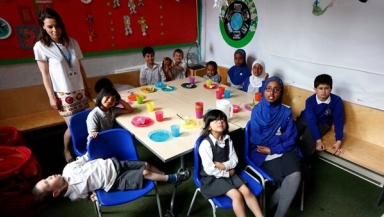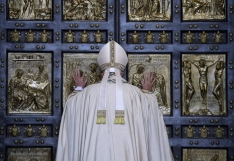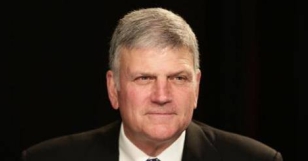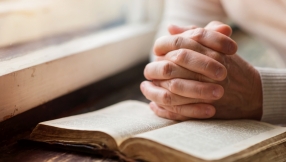
The Holy Bible clearly states that God created only two genders: male and female. For the United Kingdom's Office of the Children's Commissioner, however, young schoolchildren have at least 26 gender options to choose from to identify themselves.
The office drew criticism from Christian groups and parents for supposedly confusing children about gender concepts.
Christian Institute Deputy Director Simon Calvert, for instance, pointed out that young kids should not be forced to choose from more than 20 gender options instead of just simply boy and girl.
"For some children it will be profoundly confusing to find out that there are adults who don't seem to know that boys are boys and girls are girls," Calvert said in a statement on his group's website, as quoted by WND.com.
He added that exposing children to these gender options and homosexuality at a young age may make them feel unsafe in schools.
"We feel for people who struggle with gender dysphoria [abnormal depression and discontent] but we must not let our sympathy for them outweigh our sympathy for the great mass of children who need to feel safe and protected in school," Calvert said.
"To feel safe, children need to know there are some simple boundaries in life. The basic biological categories of male and female are amongst the most simple and fundamental boundaries of all," he added.
The Argus, a local newspaper published in Brighton, meanwhile quoted parents as saying that presenting kids with two dozens of gender choices was "unnecessary" and "confusing."
Despite these criticisms, Children's Commissioner Anne Longfield still defended her office's survey, saying it gives an idea on how children perceive gender nowadays.
"We want to know how gender matters to young people: What does gender mean to them? How does it affect their lives? What do they want to change?" Longfield told WND.com.
The schoolchildren were specifically asked: "How do you define your gender: The young people we talked with used the following terms; which of these best describes how you define your gender? (Choose as many as you want.)"
The young participants of the survey were given the following gender options: girl, trans-boy, genderqueer, gender nonconforming, boy, gender fluid, tomboy, agender, tri-gender, female, androgynous, all genders, in the middle of boy and girl, male, bi-gender, male, young woman, non-binary, intersex, young man, demi-boy, not sure, rather not say, trans-girl, demi-girl and others.
















